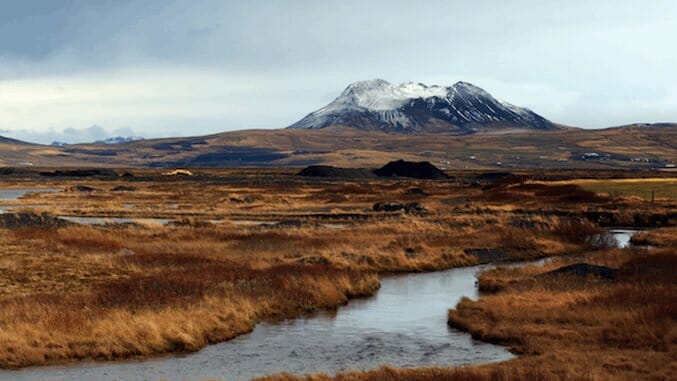How Visiting Iceland Helped Me Accept My Anxiety

Mount Hekla is due to erupt any day now. Actually, the Icelandic volcano is supposed to erupt every 10 years, and hasn’t since 2000. If you’re vaguely recalling the Icelandic eruption that shut down European flights in 2010, that was Eyjafjallajokull, a glacier located on the Southern shores of the country. The aftermath of the eruption left many travelers stranded, but more importantly, forced the farmers affected by the destruction to start from scratch. Faced with months of work, the farmers revised their previous setup to create an even more effective system, preparing themselves for the next event. Moreover, they didn’t waste time dwelling on the bleak ash clouds or the stress on their families. They began fixing what they could, and moving on when it was necessary. Ironically, the outstanding amount of ash and lava rejuvenated the soil, resulting in an extraordinary harvest.
-

-

-

-

-

-

-

-

-

-

-

-

-

-

-

-

-

-

-

-

-

-

-

-

-

-

-

-

-

-

-

-

-

-

-

-

-

-

-

-








































